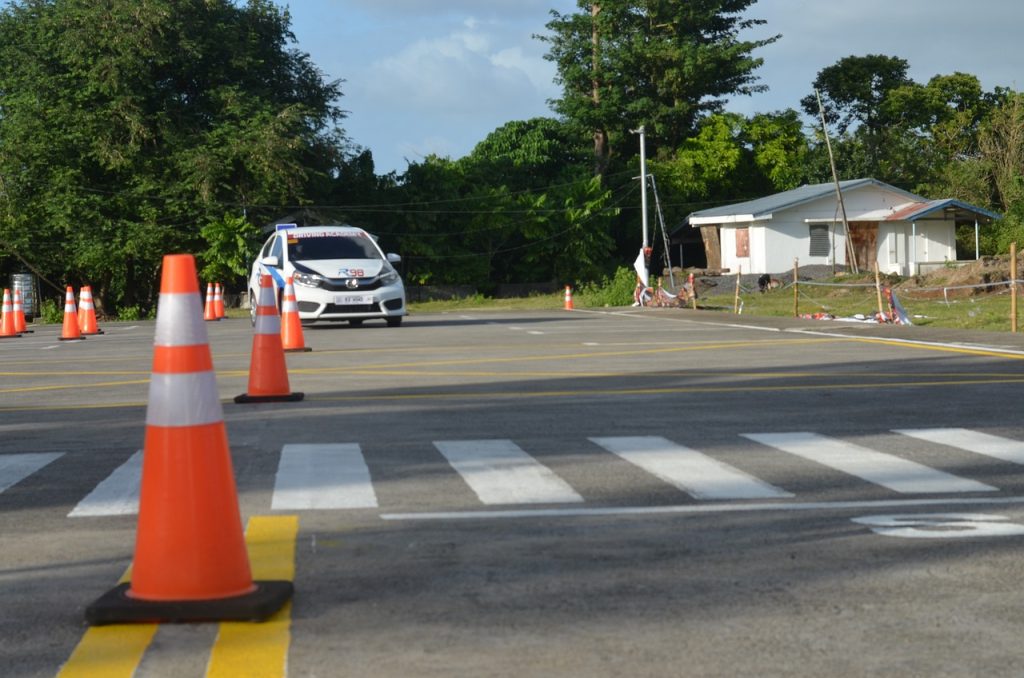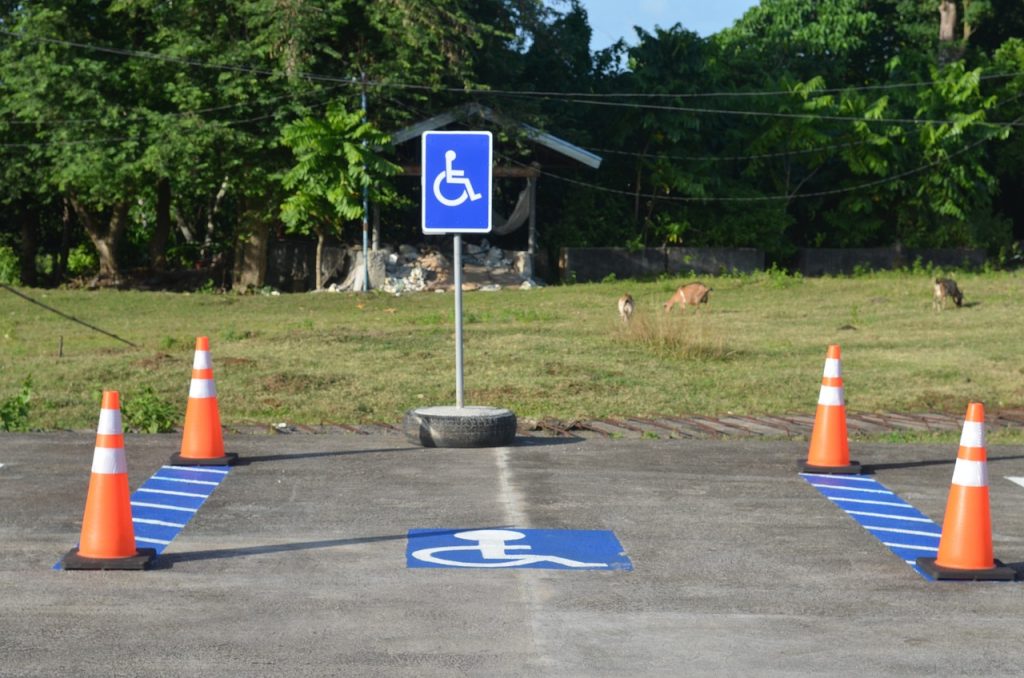As era keeps to revolutionize the automotive industry, riding colleges are adapting their curricula to prepare students for the destiny of transportation. Electric motors (EVs) and independent cars (AVs) are becoming more and more time-honored on the roads, imparting new demanding situations and possibilities for drivers. In this article, we’ll explore how riding faculties are equipping college students with the understanding and capabilities needed to navigate the transition to electric powered and self reliant motors.
Driving schools offer training on the fundamentals of electrical vehicle era, consisting of how EVs fluctuate from conventional fuel-powered motors.
One of the key challenges of electric vehicle ownership is handling variety and accessing charging infrastructure.
By teaching students the way to navigate charging infrastructure and plan their routes therefore, riding faculties assist put together them for the realistic realities of owning and riding electric powered cars.
Students study the components of electric vehicles, along with batteries, motors, and regenerative braking systems, in addition to the advantages of EVs, together with reduced emissions, decrease fuel expenses, and quieter operation. Understanding EV era prepares students to perform and hold electric motors correctly and efficiently.

Operating an electric powered vehicle requires some adjustments compared to driving a conventional gas-powered vehicle. Driving colleges train students about the specific traits of electrical automobiles, such as instantaneous torque, regenerative braking, and silent operation.
While completely self reliant cars aren’t but widely available, riding colleges introduce college students to the fundamentals of self reliant vehicle generation and its potential effect on future transportation. Students study the special degrees of autonomy, from motive force help capabilities to fully autonomous riding systems, in addition to the advantages and demanding situations of AVs, such as progressed protection, performance, and accessibility. Understanding AV technology prepares students to conform to the future of transportation as self reliant automobiles end up extra general on the roads.
Many present day cars are ready with advanced driving force assistance structures (ADAS) that offer capabilities such as adaptive cruise manage, lane-retaining assist, and automated emergency braking. Driving colleges offer arms-on revel in with those structures, permitting college students to familiarize themselves with how they paintings and how to use them appropriately. Understanding ADAS generation prepares students to engage with those systems correctly and responsibly even as riding.

Regardless of the kind of vehicle being pushed, riding schools emphasize the significance of secure and accountable driving practices. Students examine shielding riding techniques, threat awareness, and decision-making talents which might be applicable to all kinds of automobiles, which includes electric powered and self sustaining automobiles.

By instilling a culture of protection and duty, riding schools prepare college students to be conscientious and ready drivers in an evolving transportation panorama.

Students discover ways to manage acceleration, braking, and strength regeneration successfully to maximise efficiency and protection even as riding an electric powered automobile.

Driving schools train students approximately specific styles of charging stations, charging connectors, and charging networks, as well as techniques for optimizing variety and planning longer journeys.
As electric powered and self sustaining motors grow to be an increasing number of generic on the roads, using faculties play a vital function in preparing students for the destiny of transportation. By providing training on EV and AV generation, charging infrastructure, safe operation of electrical automobiles, creation to independent automobile era, fingers-on experience with driver assistance systems, and emphasizing safe and responsible riding practices, driving faculties equip college students with the information and competencies needed to navigate the transition to electric and self reliant automobiles properly and expectantly.
